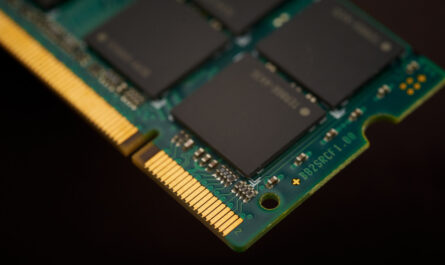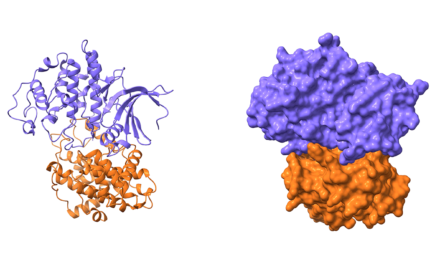A recent study conducted by UTHealth Houston has found that infusing bone marrow mononuclear cells derived from the patient’s own bones after severe traumatic brain injury in children is a safe and feasible treatment option. The study, published in the journal Brain, was led by Dr. Charles S. Cox Jr. and Dr. Linda Ewing-Cobbs.
The research showed that children who received autologous bone marrow nuclear cell infusion had shorter intensive care stays, less intense therapy sessions, and preserved white matter structures in the brain. White matter makes up approximately half of the brain’s total volume. The preservation of white matter is crucial as it is a physical measurement that correlates with better outcomes, rather than a subjective psychological test.
Previous studies have indicated that individuals experience up to a 15% loss of white matter within one to two years after a severe traumatic brain injury. This cerebral atrophy is associated with negative outcomes. The treatment evaluated in this study aimed to interrupt this process by infusing bone marrow nuclear cells derived from the patient.
The trial included 47 participants aged 5 to 17 with severe traumatic brain injury. They were randomly assigned to receive either the bone marrow cell infusion or a placebo in a double-blind, placebo-controlled clinical trial. The bone marrow harvest, cell isolation, and infusion were completed within 48 hours of the injury.
The results of the study showed that the therapy not only preserved white matter, but also enhanced the connectivity of the corpus callosum, a brain structure responsible for connecting the left and right cerebral hemispheres. This enhanced connectivity positively affects associative thought, executive functioning, and higher-order thinking.
Dr. Ewing-Cobbs expressed her optimism about the findings, stating that very few biological interventions have shown significant clinical benefits in improving the outcomes of patients with severe traumatic brain injury. The hope is that cellular therapy can reduce chronic neurobehavioral problems and improve the quality of life for children and adolescents.
Moving forward, the researchers plan to develop the design and approach for a pivotal Phase III clinical trial. This next phase will provide more comprehensive insights into the effectiveness of the treatment and its potential for becoming a standard therapy for children with severe traumatic brain injury.
Overall, this study offers promising results in the field of traumatic brain injury treatment. By preserving white matter and enhancing brain connectivity, autologous bone marrow nuclear cell infusion shows potential to improve outcomes and quality of life for young patients who have experienced severe traumatic brain injury.
*Note:
1. Source: Coherent Market Insights, Public sources, Desk research
2. We have leveraged AI tools to mine information and compile it




